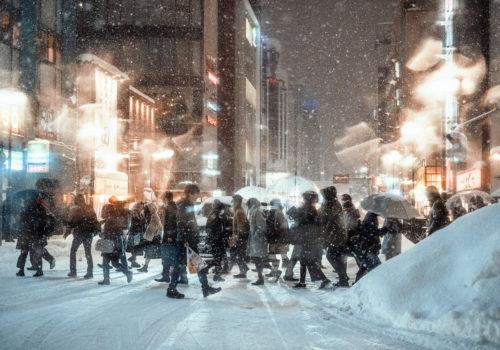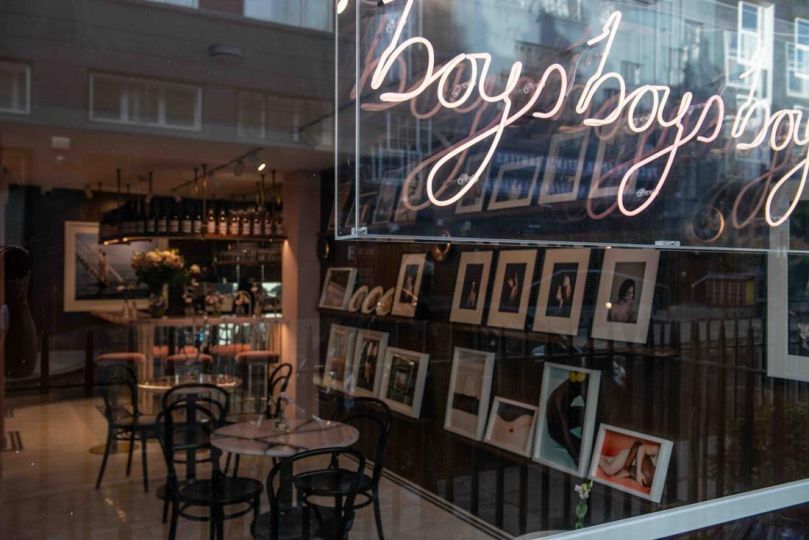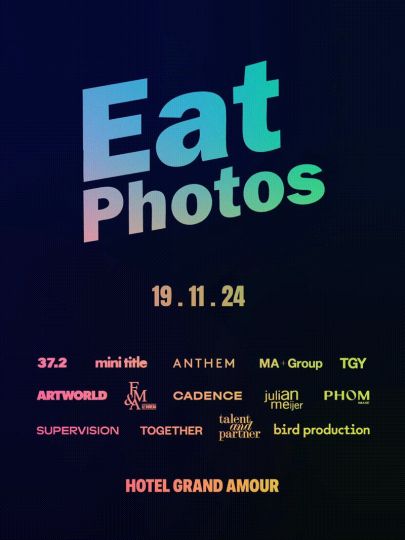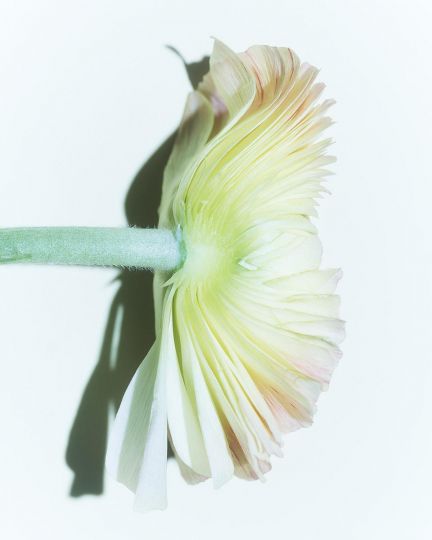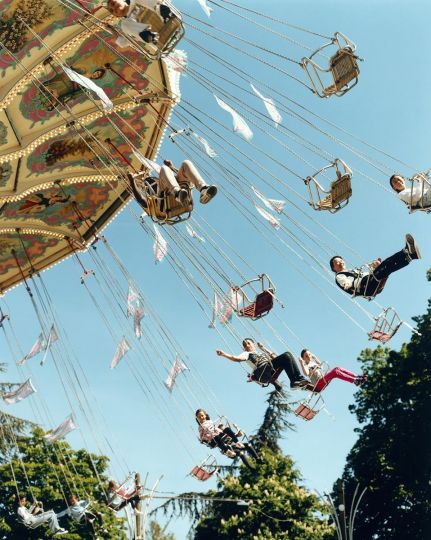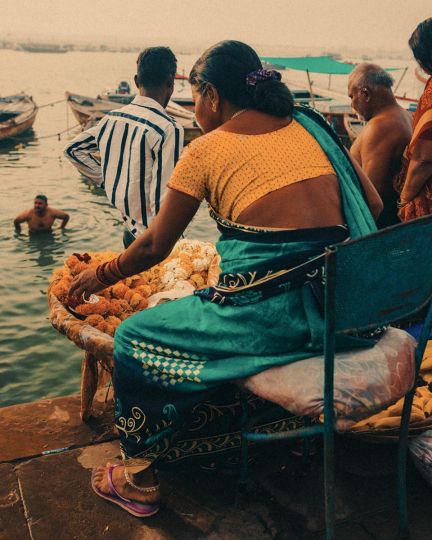Japan, Hokkaido, 2023. The indigenous Ainu people, after 150 years of forced assimilation, find strength in their quest for identity, recognition and reconciliation.
Hokkaido is a vast territory with winter beauty, forests, volcanoes, lakes and wild coasts. Here, the earth breathes. Before Japanese colonization, it was that of the Ainu, hunter-fishermen people with deep animist beliefs and a strong culture. After a century and a half of assimilation and discrimination, the traditional way of life, customs, language and beliefs have come close to disappearing.
The political organization, the religion, the mythology of oral tradition, the ritual tattoos of women, the arts, a language without confirmed kinship with any others, and a physical appearance different from the Japanese were all indicative of a strong identity . In a development that echoes the fate of many other indigenous peoples around the world, the Ainu were persecuted and suffered a long policy of forced assimilation. Forbidden to communicate in their language, to hunt and fish, uprooted, forced to deny their rites, their arts and their way of life, they were the object of calculated discrimination. Traditional culture is difficult to understand today due to repression and cross-breeding, but the Ainu are increasingly proud of their origins, gradually moving away from the shame linked to the discrimination that is still present.
Following long actions of political and social demands, signs of progress are appearing, while remaining ambiguous. Despite the difficulties, the profile of a multicultural Japanese society including the Ainu is being built little by little. This work is the story of the reappropriation of a collective identity by those who embody it in today’s world: between claim, preservation and adaptation, the Ainu identity is as powerful as the complexity of its resilience.
Work carried out with the support of the Franco-Japanese Sasakawa Foundation, the Tenjinyama Art Studio artist residency (Sapporo, Japan) and the Scam “Draft of a Dream” grant.
Documentary photographer, Lorraine Turci places humans at the center of her work, in all their contradictions and different modes of perception of the world. She tells sensitive stories that celebrate the complexity of interactions between territory, identity, transmission, evolution and preservation; it weaves links between environmental protection and human rights. By giving full space to the nuances of reality and contextualization, by going beyond appearances, her work gives life to stories from which the plurality of the world, and troubled beauty emerges.
Les femmes s’exposent 2024
June 7 – September 1, 2024
Houlgate, Normandie
www.lesfemmessexposent.com

